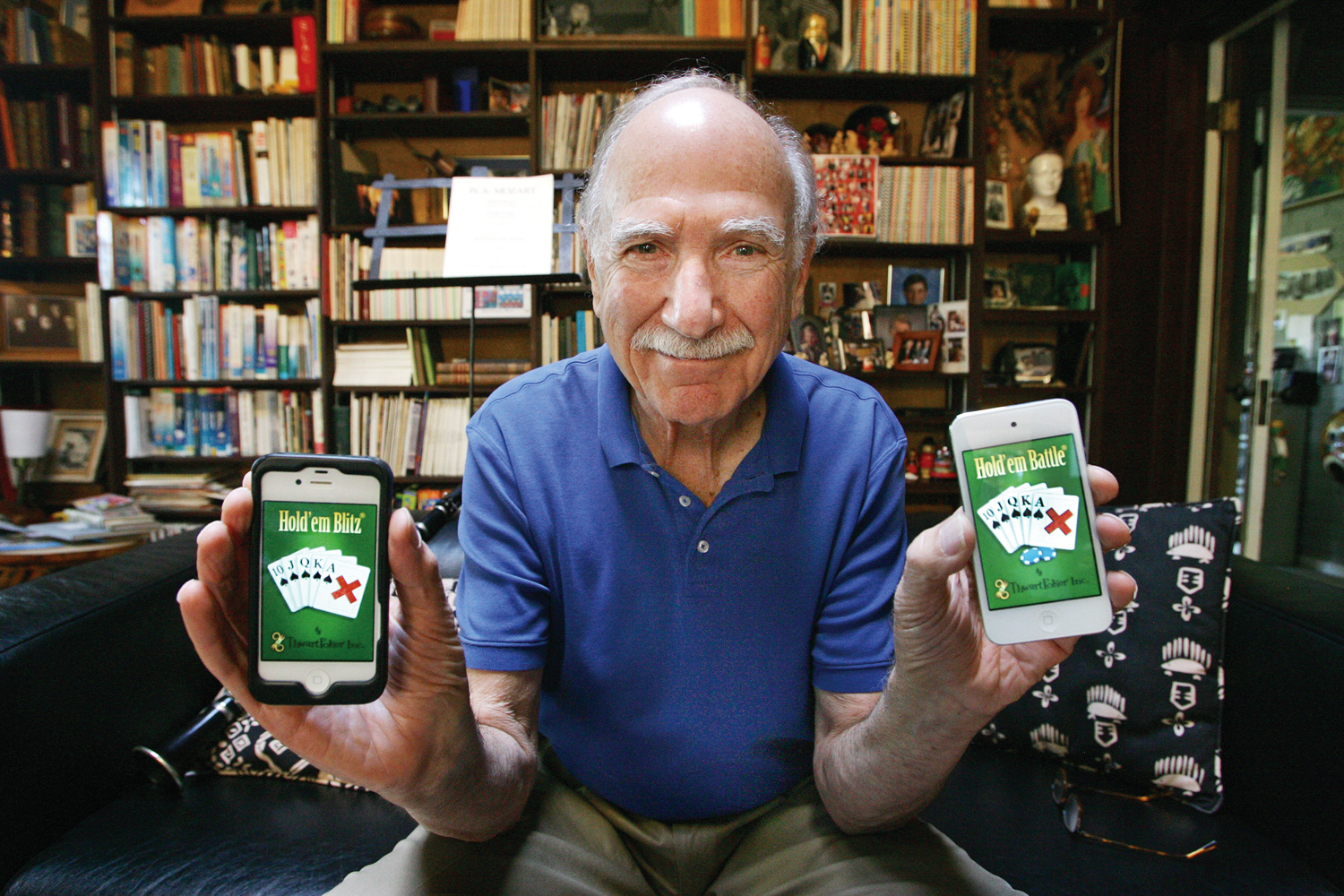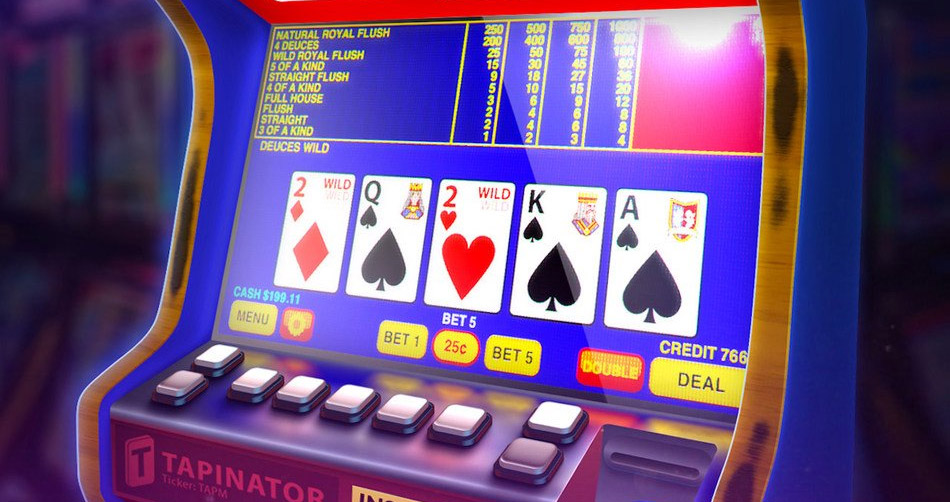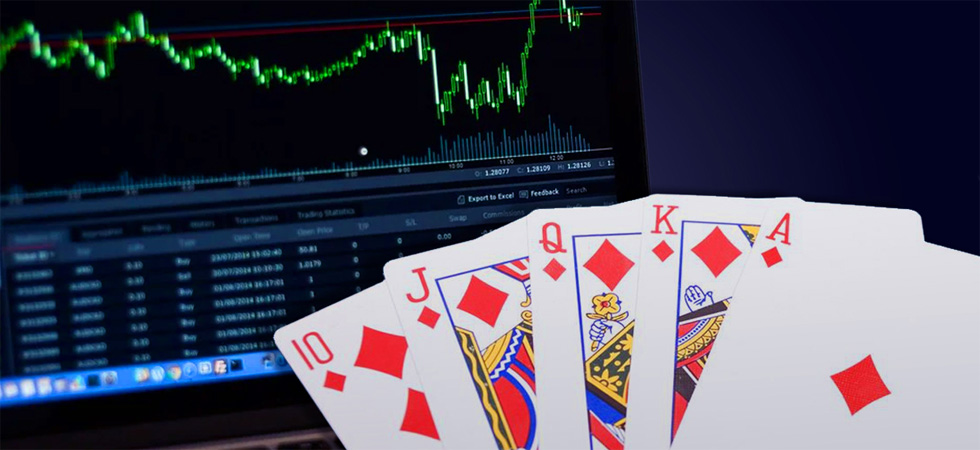
Texas Hold'em, the variant of poker the most famous and most performed in the world, is a game of skill with a share of gambling. This good feature States in the game is sometimes the happiness of each and at other times, the misfortune of others (especially during what is called, "downswings").
But how about a variant which is based 100% on skills and that by the same token, excluded any form of gambling in the game?
This is what Arthur M. Pfeiffer said having invented and that he baptized the Texas Block'em. Arthur is mathematician developer Thwart Poker Inc. founder software and training.
According to him, this variant is certified 100% free chance: "I invented a new form of poker called Texas Block' which eliminates the share of luck of the game." Since my version of the game is based 100% on the skill and seeks no chance, this is not a game of chance and therefore, it is legal".
How does this work?
"In a regular poker game, the player is based on the intangible laws of mathematics to calculate the probability that the dealt cards give the winning hand. "With Texas'Em, each player must use his sense of human psychology to read opponents and determine what cards will give him the winning hand" says Pfeiffer.
Therefore, the order of play is reversed. Rather than receive 2 cards private and then to see the 3 community cards (flop), we first see the flop to then select the cards you want to receive. The distinguishing feature of the game (which gives it its name) is that, if two players select the same card, person will receive and it will be blocked (from which the name of the game).
According to the creator of the game: "Texas Block'Em statement of the contest and no gambling, because there was no place left to chance." "Legally, it's like a golf tournament, which has an entrance fee and a prize in cash for the winner".
What is the future of this game according to you? Hand, it is true, as claimed by its inventor, that the game does not imply any form of gambling, it could be of interest to several players. But on the other side of the Medal, is not precisely the part of chance that interests the fishs (those who make the profitable game and who somehow ride the poker economy)? Random Poker has several consequences, but one of them is sometimes to believe in a bad player that it is winning and in turn, give him want to replay. If he knows of at the outset that it is bad, maybe the game it will be less.
Let us know what you think of this variant on the forum of PokerCollectif: do you know the Block Texas'em?









